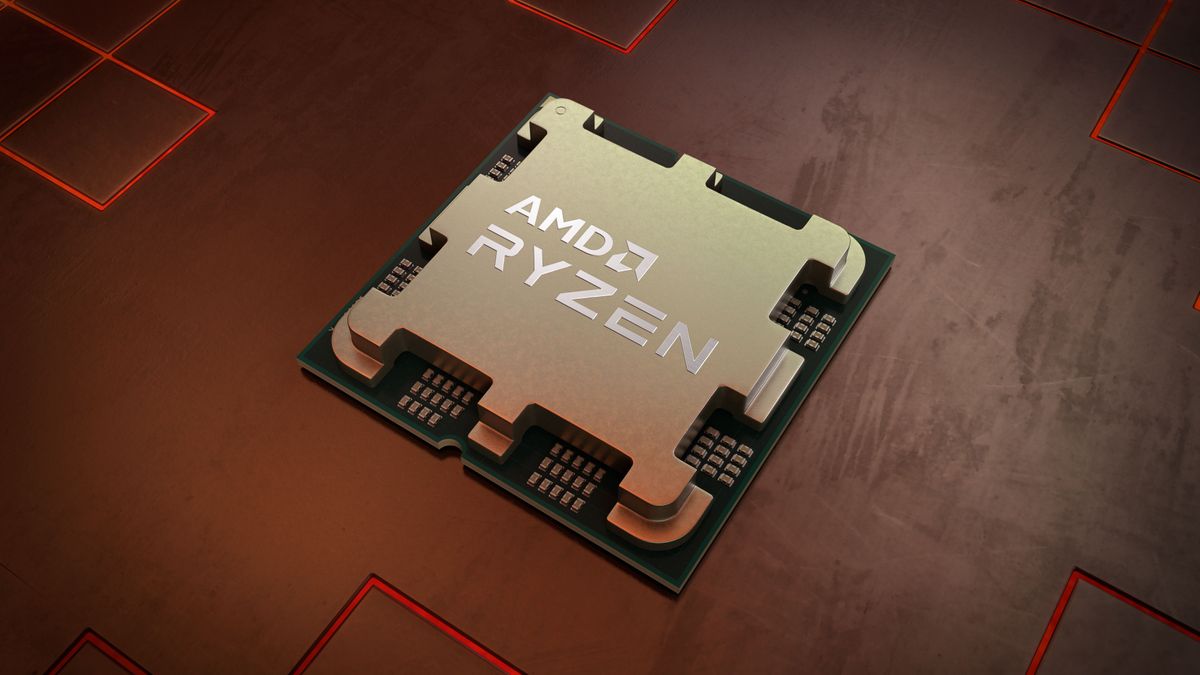
Follow ZDNET: Add us as a preferred source on Google.
ZDNET's key takeaways
- Job cuts suggest professional work is changing in the AI era.
- Modern companies need fewer organizers and more builders.
- Professionals should retrain, reskill, and rescope their roles.
What's been a hard 12 months for professionals just got tougher. Fears over the increased use of AI to complete white-collar roles have been compounded by news of layoffs. If you're a mid-level professional, it's tough not to feel anxious about the future of work.
In a memo to staff last week, Beth Galetti, senior vice president of people experience and technology at Amazon, said her company's decision to cut 14,000 corporate roles was aimed at "reducing bureaucracy, removing layers, and shifting resources."
Also: AI struggles to cite results properly. Can Perplexity and Getty's new partnership fix that?
The news from Amazon is the latest in a series of layoffs by big businesses. Experts believe one significant factor affecting the fast-changing job market is AI. Earlier this year, Anthropic CEO Dario Amodei warned that AI could be responsible for eliminating half of all entry-level white-collar jobs -- while spiking unemployment to 10-20% -- in the next one to five years.
However, while AI is fundamentally altering the nature of white-collar work, professionals can take steps now to reduce their anxiety and prepare for the future.
What you need to do now
First, said Bev White, executive chair at technology and talent solutions provider Nash Squared, professionals must be honest. Examine your role and make a genuine assessment of how at risk it is from AI, now or in the future.
"Think about what transferable skills you have, the core human skills that machines can't replace, and where they can be applied," she told ZDNET, suggesting professionals should research the market, network with contacts, and look for opportunities. "Work hard on how you present yourself and communicate your core strengths, to make yourself highly visible both within your own organization and to others."
Also: A minority of businesses have won big with AI. What are they doing right?
That approach resonates with James Carney, associate professor at the London Interdisciplinary School, who told ZDNET that we're entering an era where neither technical training nor AI competency will guarantee employability.
"Instead, the differentiator will be how well people can use AI thoughtfully and how they apply their own judgment, creativity, and ethics alongside the technology," he said. Education will be a crucial component for professionals who want to future-proof their skills.
To that end, Bola Rotibi, chief of enterprise research at CCS Insight, told ZDNET that professionals should retrain, reskill, and rescope their roles.
"Think of AI like online banking when it arrived -- you learned the basics because it became the default," she said. "Do the same here by getting comfortable with writing clear prompts, checking outputs, and documenting what you did. That's the new baseline."
Also: 4 ways to turn AI into your business advantage
Rotibi also encouraged professionals to learn about data ground rules, such as where models fail, and guardrails, including the General Data Protection Regulation, audit trails, and sector policies.
Finally, Rotibi suggested a principle for the digital age is that AI training should be a right, not a perk. If employers want to achieve generative AI assistant-level productivity, they should invest in access, time, and clear guardrails.
"Workers should feel entitled to ask for and expect accredited courses, safe sandboxes, and clear policies, backed by government and education providers," she said.
Why professionals must act now
Amazon's job cuts could be indicative of several larger trends that professionals should be aware of.
Rotibi said the cuts represent a shift in the work that the company considers important.
AI is speeding things up, so Amazon wants fewer people coordinating and more people building technology, which explains why some office roles are affected. AI is both the tool that reduces some jobs and the magnet that pulls money and new roles into chips, power, and platforms.
Also: Adobe might've just solved one of generative AI's biggest legal risks
She also stressed that Amazon's cuts are part of a broader IT industry trend, with companies such as Microsoft, Google, IBM, and Salesforce reshaping teams, trimming middle layers, and redirecting spend toward AI platforms and data centers.
Other professionals outside IT are also subject to cuts. In its analysis of Amazon's job cuts, "The Wall Street Journal" pointed to UPS reporting last week that it had reduced its management workforce by about 14,000 positions over the past 22 months, days after retailer Target said it would cut 1,800 corporate roles.
"White-collar work is being reshaped, not erased," Rotibi noted. "The center of gravity is shifting from coordination to designing, integrating, and governing automated systems with fewer hand-offs and more ownership of outcomes."
Other factors
For professionals who will be anxious about these workplace changes, it's important to recognize that AI isn't the only explanation for the reshaping of white-collar work
As Karim Morgan Nehdi, CEO at consulting and training specialist Herrmann International, suggested to ZDNET, the IT layoffs should be seen in the context of broader macroeconomic challenges.
"They're about AI arriving at exactly the wrong economic moment," he said, with some of the challenges including over-hiring during the pandemic, weakening economies and tariffs, and continued geopolitical instability. "Companies facing higher costs and investor pressure needed a compelling efficiency narrative, and AI handed them one on a silver platter."
However, and most crucially for professional staff, Nehdi also recognized that these layoffs feel different -- and that divergence, whatever the explanation, is due to the potential longer-term impact of AI on professionals.
Research by Herrmann, in collaboration with MyPerfectResume, compared ChatGPT's cognitive profile with that of 2.5 million professionals across 800 jobs. The analysis found that ChatGPT's thinking style closely aligned with professions that rely on decision-making under pressure.
Also: Is AI making it harder for new college grads to get hired in tech?
Professions most cognitively similar to ChatGPT include colonels, cardiologists, and -- crucially for many readers of this article -- IT managers, with each profession sharing an alignment of over 93% with the AI's analytical thinking profile.
"Our research shows that AI's cognitive overlap is highest with work we once thought was safe from automation: analytical, structured tasks that have defined many white-collar roles," he said.
The conclusion, added Nehdi, is simple: "The 'safe' white-collar jobs just became a lot less safe."
Be a pathfinder, not a victim
For anxious IT professionals concerned about the ongoing influence of AI, that warning sounds a bit like a death knell for white-collar work.
However, various experts told ZDNET that it's important to put fears over AI-enabled job losses into context.
Also: No ROI in AI yet? Try these six proven tactics for creating real business value
First, said Nehdi, emerging technology has uneven superpowers. While AI can write code effectively, it struggles with interpersonal and visionary tasks, such as empathy, creative improvisation, and reading the room, which are capabilities that define human advantage.
He said those flaws are good news for white-collar workers: "This means there's no clean 'AI replaces X profession' story. It's messier and more interesting than that.
Second, and adding further complexity to the trend alluded to above, Richard Corbridge, CIO at property specialist Segro, told ZDNET that, while the march toward AI offering efficiency in some roles is valid, the pathway toward how this impact will play out is unclear.
And while the recent job cuts will raise anxieties among white-collar workers, Corbridge said AI could have a positive impact on workplace roles in the longer term, as younger professionals adapt and adopt the capabilities that will define future success.
Also: Are you part of 'the great stay'? Here's what experts say is behind this latest job trend
For professionals, therefore, the key is to embrace change. As Nash Squared's White concluded, there is no doubt that AI will impact some white-collar jobs, but that doesn't mean there is nothing you can do about it.
"Be a pathfinder, not a victim," she said. "It is on all of us to keep ourselves relevant and current. It's something I always advocate for. Set aside time to invest in yourself. Your future self will thank you for it."
Planning a tech career move? Get our Tech Today newsletter for more tips and tricks.

 3 weeks ago
43
3 weeks ago
43







 English (US) ·
English (US) ·